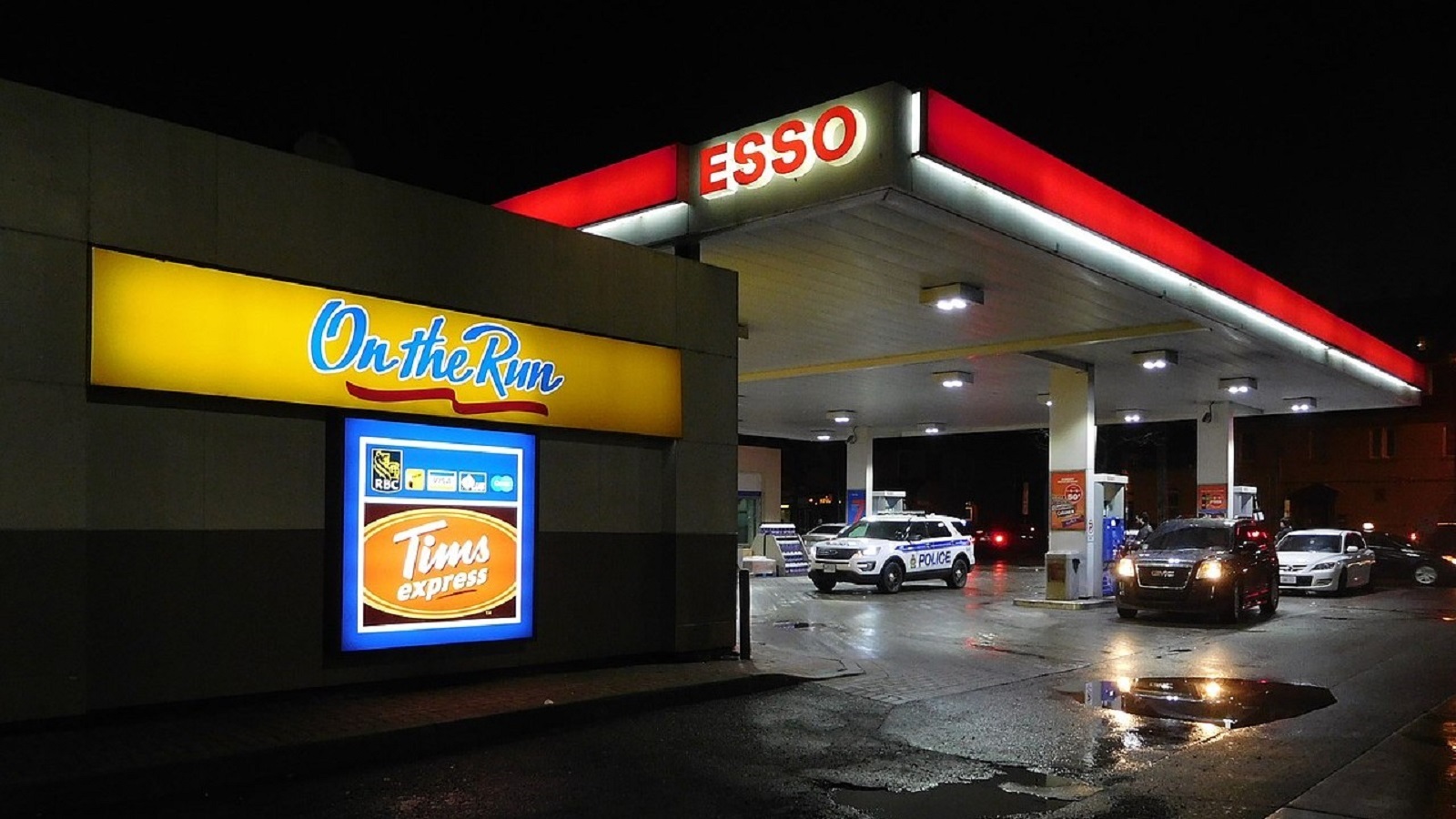ExxonMobil, an American organization, joined the movement of energy companies divesting from Russian oil and gas companies and projects this week.
Based in Irving, Texas, ExxonMobil has a 30% stake in the Sakhalin-1 project, making them one of the largest foreign investors in Russia.
"ExxonMobil operates the Sakhalin-1 project on behalf of an international consortium of Japanese, Indian and Russian companies," ExxonMobil officials said in a recent press release. "In response to recent events, we are beginning the process to discontinue operations and developing steps to exit the Sakhalin-1 venture. As operator of Sakhalin-1, we have an obligation to ensure the safety of people, protection of the environment and integrity of operations. Our role as operator goes beyond an equity investment. The process to discontinue operations will need to be carefully managed and closely coordinated with the co-venturers in order to ensure it is executed safely. Given the current situation, ExxonMobil will not invest in new developments in Russia."
Exxon is not the first company to announce divestment and discontinuation of Russian energy projects. According to World Oil, BP announced at the end of February that it would be selling its 20% stake in Russian energy giant Rosneft, which could total a loss of $25 billion.
“This military action represents a fundamental change,” BP Chairman Helge Lund said in a statement, per World Oil. “It has led the BP board to conclude, after a thorough process, that our involvement with Rosneft, a state-owned enterprise, simply cannot continue.”
BP will also be exiting its other Russian investments totaling around $1.4 billion, according to World Oil.
Reuters reports that Exxon previously exited some Russian investments in 2014 following the country's military operations in eastern Ukraine, resulting in a $200 million hit. Sakhalin is one of the largest single direct investments in Russia. The project has exported more than 1 billion barrels of oil and 1.03 billion cubic feet of natural gas since production began in 2005.

